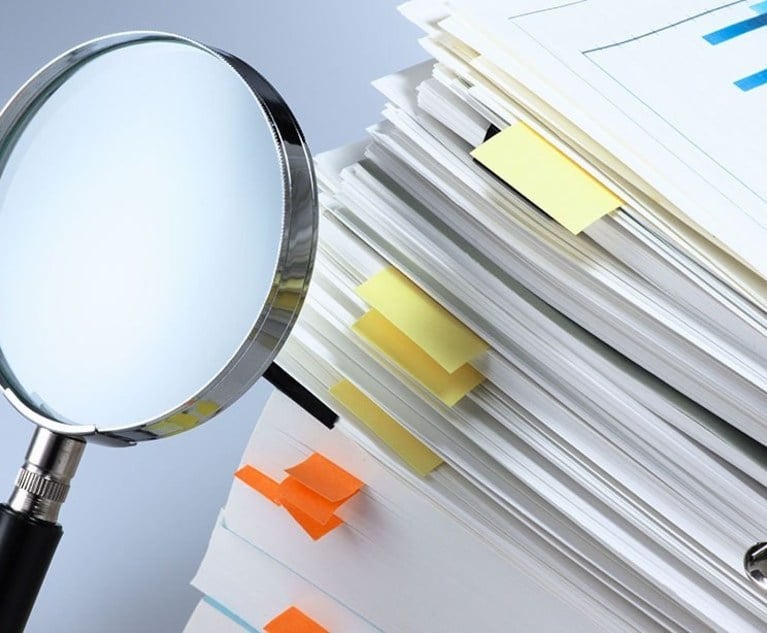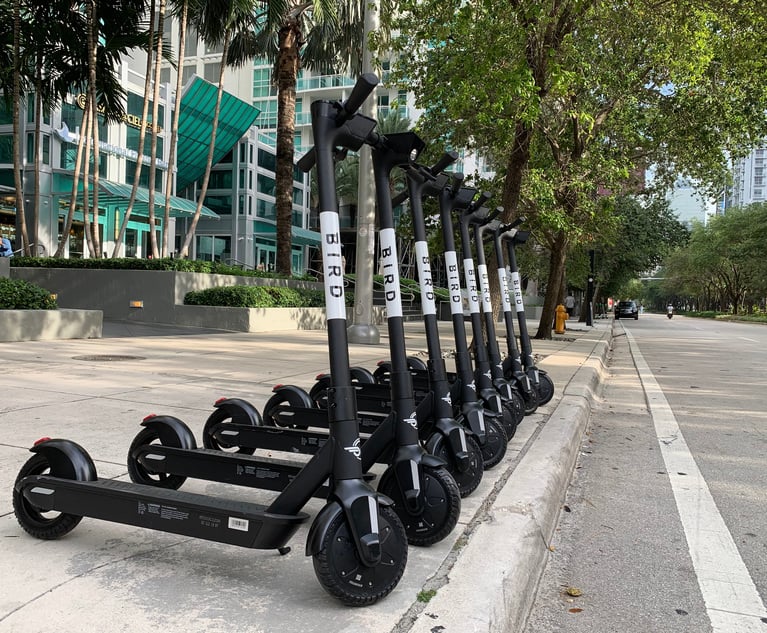The bill of particulars is one of the most important documents exchanged in personal injury litigation. The bill of particulars provides a plaintiff’s blueprint of a case, including specificity as to the nature of injuries as well as the basis for an argument for liability. Plaintiffs are allowed to serve amended and supplemental bills of particulars throughout the course of discovery and defense attorneys will regularly use the bill of particulars as a tool directing their investigation. However, there comes a point in every case when it is too late to serve an amended bill of particulars. Specifically, after discovery has been completed, a plaintiff must seek leave from the court to amend their bill of particulars. Moreover, the standard applied by the court in deciding a motion to amend a bill of particulars is extremely narrow and circumspect. In a motion for leave to amend a bill of particulars after discovery has been completed, the movant must demonstrate a “showing of special and extraordinary circumstances.” See Schreiber-Cross v. State, 57 A.D.3d 881, 870 N.Y.S.2d 438 (2008). The party must also provide explanation for any unreasonable delay.
In King v. Marwest, the plaintiff, Lisa King, advanced an entirely new theory of liability in opposition to defendant, Marwest’s, summary judgment motion. See King v. Marwest,192 A.D.3d 874, 143 N.Y.S.3d 673 (2021). King allegedly sustained personal injuries when she was pushing a cart through glass doors at the store where she worked. Through the course of discovery, King argued she was injured as a result of a door defect that caused the door to close too fast and hit her hand. Within her opposition papers, however, King changed her argument and claimed that she was injured because her cart became stuck on the door threshold. She now claimed that the cart became stuck while she tried to push it through the door because of a defect with the height of the door threshold and surrounding floor area, which resulted in the door hitting her hand when it closed. Simultaneously to opposing Marwest’s summary judgment motion, King also served a cross-motion for leave to amend her bill of particulars, in which she raised her new theory of liability relating to a defect with the door threshold and floor. The trial court denied Marwest’s motion for summary judgment and granted King’s motion for leave to amend her bill of particulars. Further, the trial court allowed the parties to engage in limited further discovery, including additional expert site inspections and an additional deposition of the plaintiff.







